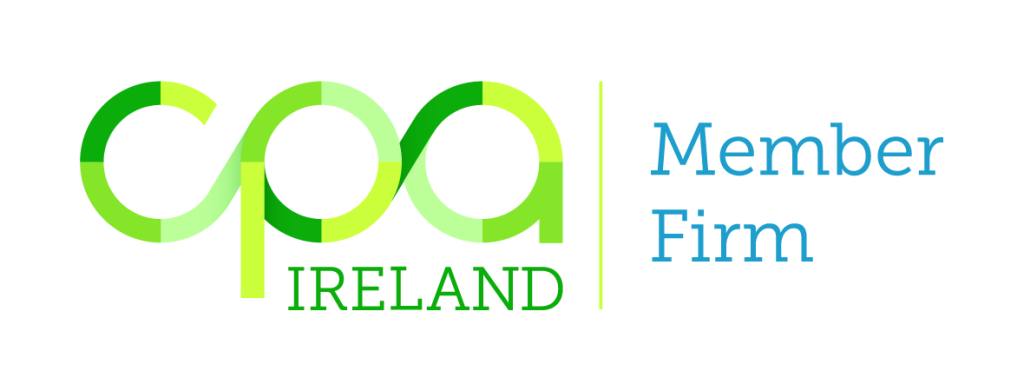Introduction:
In the dynamic world of business, staying ahead of the competition and navigating the complexities of the market requires more than just number-crunching. Today, businesses, especially small and medium-sized enterprises (SMEs), are seeking not only financial guidance but strategic insights that can drive growth and sustainability. This is where the role of accountants in business advisory services becomes increasingly vital. In this blog post, we’ll explore the evolving role of accountants and the value they bring to SMEs as trusted advisors.
The Changing Landscape of Accounting:
Traditionally, accountants were often seen as financial historians—focused on recording past financial transactions, ensuring compliance, and preparing tax returns. While these functions remain essential, the role of accountants has evolved dramatically to meet the demands of a rapidly changing business landscape.
Business Advisory Services Defined:
Business advisory services encompass a wide range of strategic activities that go beyond traditional accounting. These services are designed to help businesses make informed decisions, solve complex problems, and achieve their financial goals. They include:
- Strategic Planning: Accountants assist businesses in setting clear, achievable objectives and developing a strategic roadmap to reach them.
- Financial Analysis: Accountants analyze financial data to provide insights into a company’s financial health, identify trends, and pinpoint areas for improvement.
- Risk Management: Accountants help businesses assess and mitigate financial risks, ensuring long-term stability.
- Budgeting and Forecasting: Accountants work with businesses to create budgets and financial forecasts, offering insights into resource allocation and growth potential.
- Cash Flow Management: Accountants advise on managing cash flow effectively, ensuring businesses have the liquidity needed for daily operations.
- Tax Planning: Accountants identify tax-saving opportunities and ensure businesses remain tax-compliant.
The Accountant as a Trusted Advisor:
In the realm of business advisory services, accountants take on a new role as trusted advisors. They form close partnerships with SMEs, gaining a deep understanding of the company’s goals, challenges, and industry dynamics. As trusted advisors, accountants provide:
- Proactive Insights: Rather than waiting for a fiscal year’s end, accountants offer real-time insights into financial performance, helping businesses make timely adjustments.
- Objective Guidance: Accountants provide unbiased, data-driven advice that is not influenced by personal interests or emotions.
- Problem Solving: Accountants help SMEs tackle financial and operational challenges, offering solutions that align with the company’s goals.
- Long-Term Planning: Accountants work with businesses to create sustainable, long-term financial strategies, fostering growth and adaptability.
- Compliance and Regulation Expertise: Accountants keep SMEs abreast of changing tax laws, financial regulations, and industry standards.
Conclusion:
The role of accountants in business advisory services is evolving from number-crunchers to strategic partners. For SMEs, this means gaining a dedicated, objective, and knowledgeable ally in the complex world of finance and business. With our expertise in financial analysis, strategic planning, and risk management, accountants are well-positioned to guide businesses toward their financial goals and navigate the ever-changing business landscape. The transition from accountant to trusted advisor marks a positive shift in how businesses can leverage financial expertise to thrive in a competitive world. The team here at Coffey&Co are always happy to have a chat to discuss your accountancy needs.




